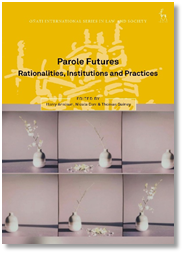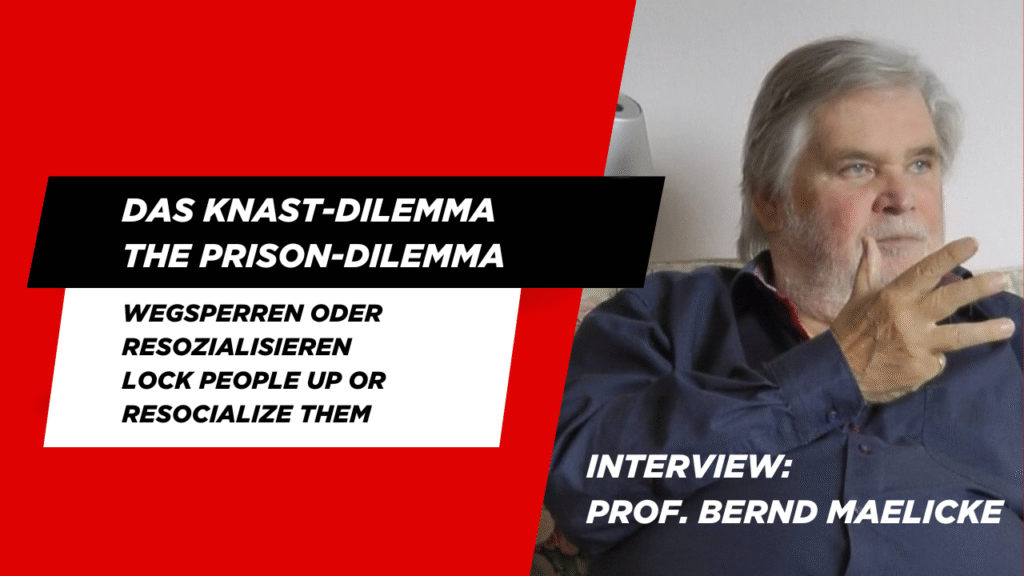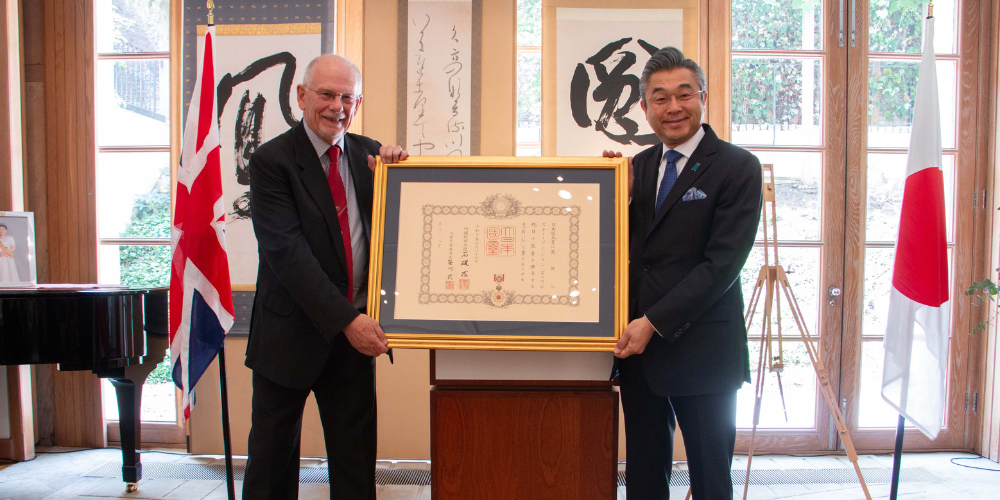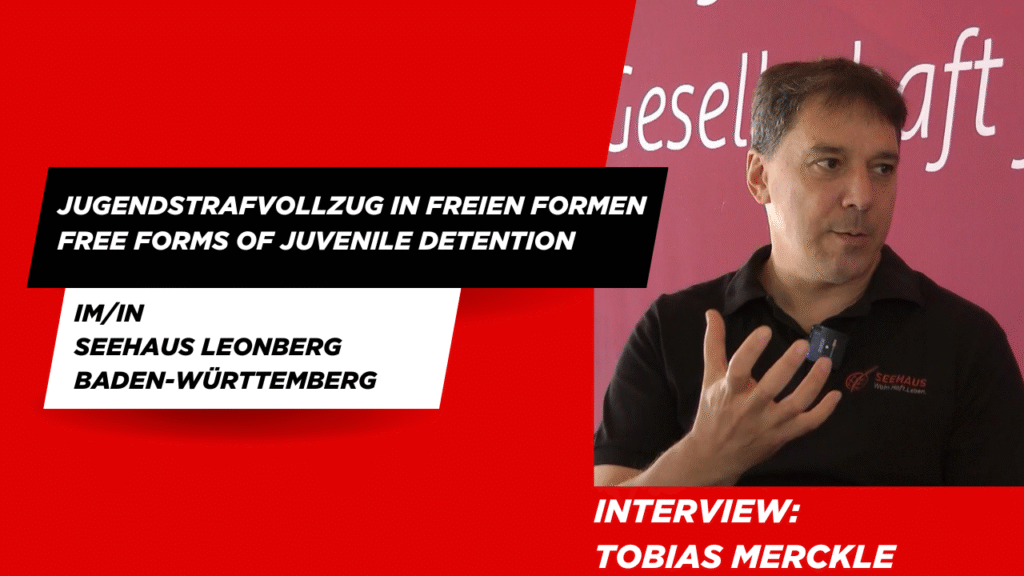Previous Article
News
Interview with Corinne Clarenne, probation officer in Neufchâteau (Belgium)
How did you experience your work during the COVID-19 pandemic?
The work period during the COVID-19 pandemic was a time of discovery of new technologies (videoconferencing, etc.) and use of these technologies. We had to get organised and manage to keep the relationship established with the person concerned as lively, motivating and enriching as during face-to-face interviews. It should be noted that in the province of Luxembourg, it is not always easy to connect through mobile phone or computer in all areas. There are sometimes problems when connecting to the network. The population we meet may also not own a computer, a smartphone or simply an internet connection. The people in question do not always have the financial means to afford an internet connection. This situation can also make it difficult to maintain a good relationship with the people subject to trial. A good follow-up is based on respect, trust and on the way the person views the measure.
As far as I am concerned, I have continued to follow up on my cases by contacting the offenders by phone. Whenever materially possible for them, I made a video call. Up to now, relations with offenders have been maintained. For some cases, it was not possible but they were already causing slight problems before the pandemic. For some offenders, the situation suited them. They did not have to take time off work to come to a meeting and they were more available after work for a phone or video-call. It was also possible to conduct phone interviews from 7:00 am or after 5:00 pm. Some are even more regular in the delivery of certificates, others are not, but it was already the case before the pandemic. A small number of offenders have taken advantage of the situation.
In the second wave, I have found that people who were being tried had more financial difficulties. Some offenders no longer had a phone because they could no longer afford to pay a subscription. For some, it was difficult for them to come to an appointment, not enough money to take the bus. This pandemic has sometimes accentuated the precariousness of some of our citizens. Having discussed it with my colleagues, I also think that the second lock-down was more difficult to live with, for both the offenders and for probation officers. I noticed that some probation officers were no longer able to juggle family life and teleworking. We have had to renew ourselves in terms of organisation and work and this situation does not suit everyone. Some manage it well and others do not.
What would you have done differently?
Nothing I think. Guidance has continued. Thinking about it, I think I would have liked to be able to go to some of the offenders’, respecting the sanitary measures. Those who have no means of transport or with difficulties getting around would have taken advantage of my visit to have a social connection. Throughout the guidance process, connections are forged between the offender, the probation officer, and sometimes the family.
What challenges do you face today?
Keeping to follow up and maintaining the relationship established with each offender. We will probably have to continue this type of follow-up for some time. Our approach to follow-up will change. We may have to consider a follow-up that combines an appointment at the probation office, when it is really necessary, and follow up with telephone calls and video conferences. Find the best method to apply with people who no longer have enough financial means to have a mobile phone, possibly an internet connection, or the ability to move around. It involves working together with the police services and the public prosecutor’s office, so that we are informed directly of any breaches. At this point, it will be important to see the person concerned again in the court house. It will then be necessary to re-establish the basis of the work, to rebuild trust with the offender.
How do probation procedures take place during this period?
It is going well. For those who are currently under guidance, it follows its course, either by telephone or by videoconference. The participants hand in the certificates to prove that the conditions have been met. When a problem arises (new fine or else), I contact the person concerned and suggest an appointment at the law courts to contextualise the problem and see what can be done to prevent it from happening again. The offenders send me the certificates by e-mail or by post. For the new evidential measures, contact is made by phone. The measure is discussed with the person concerned. They are the conditions that the person concerned must respect. Some conditions require less face-to-face follow-up.
It is important to maintain regular contact with the parties involved in cases of vice or assault and battery cases, especially at the beginning of the guidance process. They must know that you are present and available when a problem arises.
Some offenders contacted me to find out whether the pandemic would have an impact on the follow-up of their case, they were worried about the outcome. By talking with them, the caused nervous tension was eased. Most of them were relieved to know that the follow-up was continuing even if no appointments were held at the probation office.

Related News
Keep up to date with the latest developments, stories, and updates on probation from across Europe and beyond. Find relevant news and insights shaping the field today.

Probation in Europe, Technology
Have Your Say: EU Call for Evidence on the Digitalisation of Justice (2025–2030)
18/08/2025
The European Commission has opened a Call for Evidence on the Digitalisation of Justice: 2025–2030 European Judicial Training Strategy.
Reading corner

Criminal Justice
Parole Futures
18/08/2025
At a time when many parole systems are experiencing considerable strain, the aims of this collection are twofold: first, to encourage systematic and critical reflection on the rationalities, institutions and practices of parole. Second, to think big, and pose ambitious ‘what if’ questions about the possible futures of parole and prison release. Offering novel insights from Asia, Australia, Europe, North America and South America, this collection builds the case for, and then showcases, a ‘way of doing’ parole research that is global in outlook, interdisciplinary in approach and unapologetically normative in character.
New

Probation in Europe
New Vodcast Episode: Prof. Bernd Maelicke on The Prison-Dilemma
12/08/2025
The 13th episode of Division_Y features an in-depth conversation with Prof. Bernd Maelicke, one of Germany’s most respected voices in prison and probation reform.
New

Probation outside Europe
CEP Ambassador Steve Pitts Receives Prestigious Japanese Honour
05/08/2025
We are pleased to share that CEP Ambassador Steve Pitts has been awarded the prestigious Order of the Rising Sun, Gold Rays with Rosette by the Government of Japan. The honour was officially presented on 25th July 2025 at a formal ceremony held at the Japanese Ambassador‘s residence in London, hosted by the Japanese Ambassador.
New

CEP Events
Mark Your Calendars: Exciting Probation Events Ahead
30/07/2025
As the season continues, we’re looking ahead to a dynamic line-up of events across Europe. From specialised workshops to international training and conferences, there’s something valuable for everyone working in probation and beyond.
New

Probation in Europe
New Vodcast Episode: Tobias Merckle on Free Forms of Juvenile Detention
12/07/2025
The 12th episode of Division_Y features an engaging discussion with Tobias Merckle, a social worker and social entrepreneur from Baden-Württemberg, Germany.
Subscribe to our bi-monthly email newsletter!
"*" indicates required fields
- Keep up to date with important probation developments and insights.

